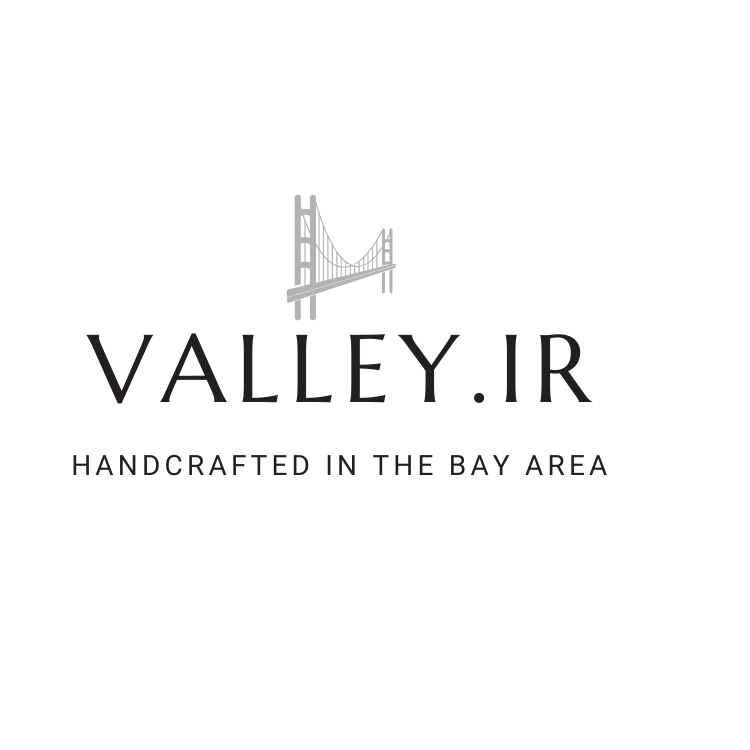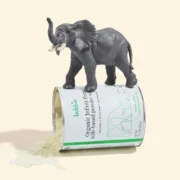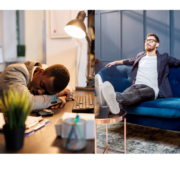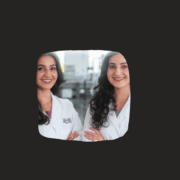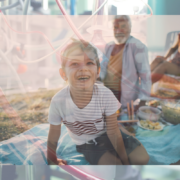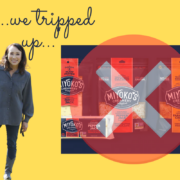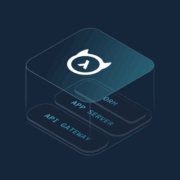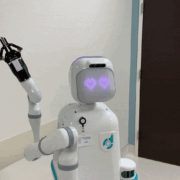Algae has been a food resource in many ancient cultures. However, its taste and texture have kept it away from universal acceptance. It has figured in popular sci-fi culture as a sustainable alternative to the looming food crisis. The reason being algae uses only a fraction of the resources of any other food in terms of land mass and carbon footprint. Algae is highly efficient at turning sunlight, water and CO2 into vitamins and nutrients and is a rich source of protein, fatty acids, vitamins, minerals and other high-value phytochemicals.
Nonfood is a California-based sustainable food company that produces algae bars and nutrient powder to promote (as) a sustainable and nutritional alternative to the food crisis.
It is the brainchild of Lucy Chinen and Sean Raspet, the founding members, who were later joined by Dennis Oliver Schroer and Mariliis Holm to promote “radically sustainable algae-based foods to drastically reduce agriculture’s resource and carbon footprint.”
Raspet started his career as an artist who drifted into flavor chemistry when he joined Soylent, one of the first companies to experiment with algae food. This stint planted the seed for venturing into “artworks that are usable products and making food products with abstract/non-mimetic flavour and using algae as a primary food ingredient.”
Chinen, a writer and curator, became his partner. Schroer, a brand strategist and creative director, and Mariliis Holm, a food and sensory scientist, who earlier worked at one of the world’s largest snacks companies Mondelēz, joined them in their venture. Together they floated the company in 2016, and their first product, an affordable algae-based nutrition bar called ‘Nonbar’, was launched in 2017.
Talking about his reason for launching Nonfood and the nomenclature, Raspet said that he wanted to create a new vernacular for the future of food and the metabolic relationship of eight billion people to the planet’s ecosystem.
Raspet elaborates, “We see Nonfood as not just a food brand but a culture as well.” He adds, “A lot of us have a background in art and culture and we want to see it as a platform for experimentation in terms of how the product is presented and advertised. We’ve obviously ignored the advice of the brand consultants and food industry people we’ve met, many of whom tell us to change our name.”
Collectively, the collaborators share the belief that concepts born through art can shape everyday life – especially if you push them beyond the art world where “opportunities can be smaller than one would think”.
The Nonfood team does not subscribe to the high-carb food pyramid that is today’s standard and wants to undo the old ways of doing food marketing.
“I think creating new modes of production and distribution of food is key to mass adoption. I would like the culture of sustainability to be interesting and strange – not hippy or tree hugger. Nonfood is one way to work through these possibilities,” says Raspet
The company currently has two products; the Nonbar, a micro-algae-based ready-to-eat nutrition bar, and Nongredient, the golden chlorella powder for home cooking.
For Raspet and company, conventional agricultural methods are not sustainable and are depleting the resources faster than the demands of eight plus (and growing) billion people.
Giving a very succinct and direct take on why the food chain needs to be interrupted, Lucy Chinen says: “Sustainability isn’t sexy. It really usually isn’t the main reason why people are attracted to something…When faced with the idea of sustainability itself, I think most people just feel imposed guilt…it’s very hard to feel a relationship to CO2 levels via your Zara purchase. People are also selfish, so in order to be sustainable, you have to appeal to a consumer’s self-interest. In the case of food, it’s nutrition.”
